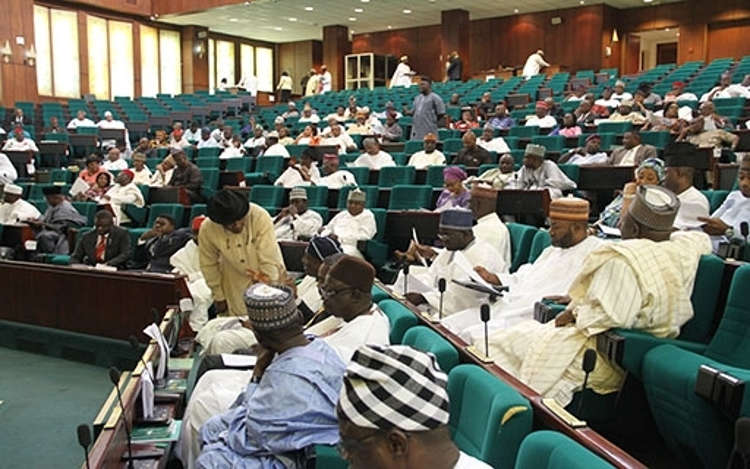THE House of Representatives has proposed a constitutional amendment to reserve 10 per cent of seats in the National Assembly for women and five per cent for persons with disabilities (PWDs).
Under the proposed framework, 83 additional seats would be created exclusively for women — 55 in the House of Representatives, increasing its membership from 360 to 415, and 28 in the Senate, raising the total number of seats in the National Assembly from 469 to 552.
Speaker of the House, Tajudeen Abbas, who announced the proposal Tuesday at the official opening of the 2025 National Assembly Open Week and the launch of the 10th House Midterm Legislative Scorecard in Abuja, said the draft amendment seeks to embed the quotas in the Constitution to ensure long-term gender and disability inclusion.
Abbas said these reserved seats would be filled through direct elections on separate ballots and distributed by state to ensure regional balance.
The Speaker said five per cent of existing seats would be reserved for PWDs, with candidates nominated by accredited disability advocacy organisations.
He said those elected under these categories would enjoy equal rights and responsibilities as their peers in the legislature.
Abbas explained that the reform was long overdue.
He said: “A central feature of our inclusive governance proposals is the introduction of constitutionally guaranteed reserved seats for women and persons with disabilities. Under the draft amendment, ten per cent (10%) of seats in both the Senate and the House of Representatives would be set aside for women, apportioned by state to ensure regional balance.
“These seats would be filled through direct elections on separate ballots, with staggered terms to promote continuity and mentorship. Five per cent of seats would be reserved for persons with disabilities, with candidates nominated by accredited disability advocacy organisations. Reserved-seat representatives would enjoy the same rights, privileges, and committee assignments as their peers, reinforcing their full integration into legislative work.
“At independence in 1960, women occupied less than one per cent of parliamentary seats. By 1990, it had only risen to two per cent. In 1999, women held just 3.9 per cent in the House and four per cent in the Senate. Today, despite constituting half the population, women’s representation remains stagnant.”
He pointed to global examples, including Rwanda and Senegal, where constitutional quotas raised female representation from under five per cent to over 30 per cent in one electoral cycle.
While launching the Midterm Scorecard of the 10th House, the Speaker said the House introduced 2,263 bills within two years, with 1,478 already passed at second reading.
Of those, the Speaker said 237 bills have been forwarded for presidential assent, with 55 already signed into law by President Bola Tinubu.
Abbas noted that over 1,100 motions had been introduced in two years, with more than 36 per cent addressing urgent public concerns.
He said the House held over 1,000 committee meetings, visited 300 project sites, and monitored over 200 MDAs, resulting in the recovery of misappropriated funds and the correction of governance gaps.
He added that the House received 621 public petitions, of which 24 had been fully resolved, 30 dismissed for lack of merit, and 567 at various stages of legislative consideration.
The Speaker assured that the House would intensify its work on state policing, devolution of natural resource management, fiscal accountability, and human rights protections.
He also pledged continued collaboration with state assemblies and other stakeholders to ensure that the gender and disability seat proposal becomes part of the 1999 Constitution.







